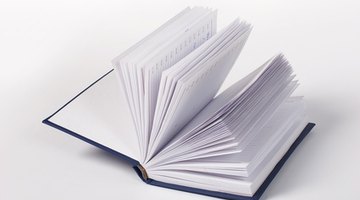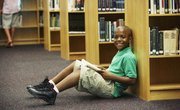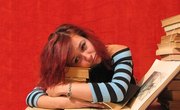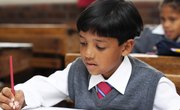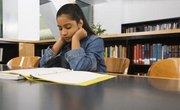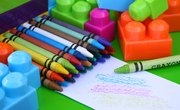Teaching students to appreciate literature and analyze it critically is an important part of being a high school teacher. Having students create a book project enables them to read the text and respond to it in creative ways. The projects are fun and educational, and students have many project options, from writing a paper to designing a visual representation of a book. There are several book project ideas on the website for Teach Net the demonstrate how effective they are in learning about literature.
Book Review
Students should be assigned a book (or choose a book) and critically look at its characters, plot and language. Special attention should be paid to what they like about the book, what conflict is presented and what the resolution entails. Students need to analyze how the book compares to others of the same genre and focus on the writing style's ability to present a clear and engaging story. Their book review should examine the book's facets: character development, plot lines, use of metaphor and symbolism, the author's voice and the overall message. The review is a good assignment for the student who enjoys critical writing.

The Alternative Ending
Students read the assigned or chosen book and then come up with a new ending or an epilogue. They should have a clear understanding of the characters and their motivations and know how the plot leads to the book's ending. They then need to consider the world that the author has created and write material that would go beyond the last page. Students should think about what may happen next, where the character might go and what sort of resolution they would like to see. This allows them to be creative, play with their own language and play off the author's storyline. Students can choose to write the ending in their own voice—or, for a challenge, in the voice of the author.
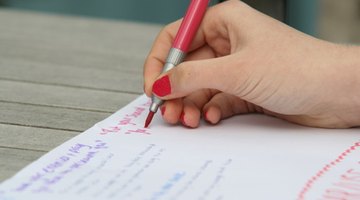
Character Interview
For this project, students write an interview between themselves and a character in the book. They can also have the character be interviewed by another character or by the author. In this way, they can use their critical understanding of the characters (or the author) to develop an imaginary interview. The interview should show students' observational abilities; they should be able to reflect the thought process, desires and motivations of the character. The interview needs to pose questions about the author's philosophy or the character's belief system. Students should write them to the best of their knowledge about the character or the author.
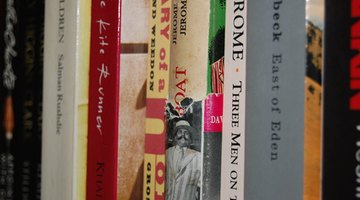
Film Comparison
Have students compare the book to a movie. They can use their cultural knowledge and interests to draw comparisons and contrast ideas between the book and a film. They can compare and contrast philosophies, character qualities, aesthetics and underlying metaphors. Students can create a diagram that contrasts and compares the movie and the book. Or they can write a paper that looks at both media.
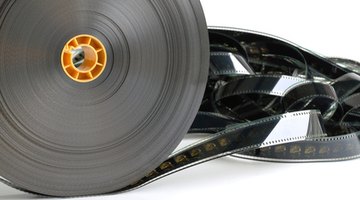
Related Articles
Writer Bio
Lisa Basile has been writing for magazines and newspapers since 2003. She has a Master of Fine Arts in writing and has contributed to local news and national magazines such as "Billboard," "Maxim" and "Cosmo!Girl." Basile also edits an online magazine and writes daily content for Alloy Media.

